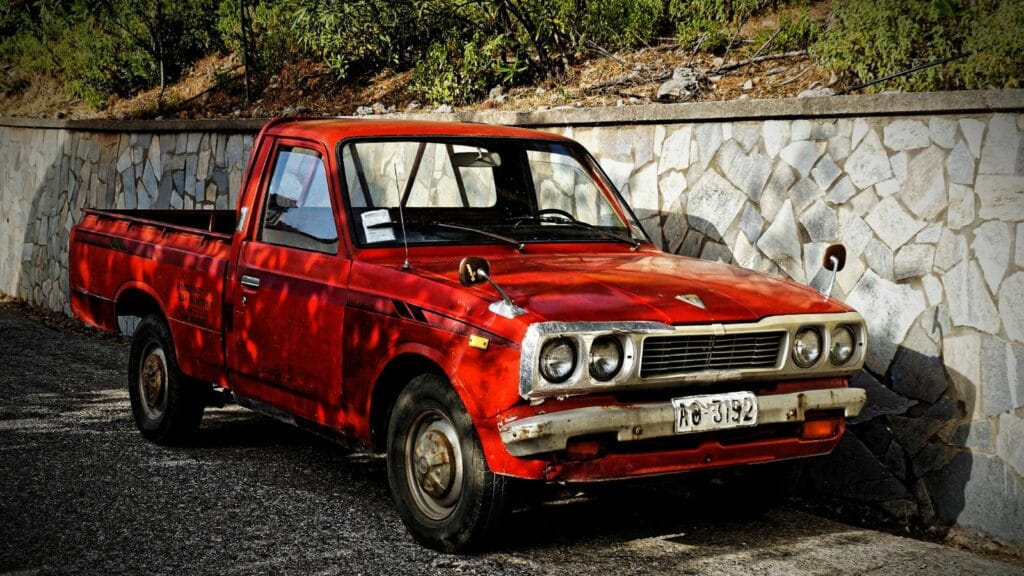Pickups are usually associated with size, power, and big presence on the road, but Canada has also seen a long list of small and compact trucks that offered utility in a much tinier package. These little machines were cheap to run, easy to park, and tough enough for light-duty work. While most eventually disappeared as buyers shifted to larger pickups and SUVs, they left behind a legacy of affordability, practicality, and charm. Here are twelve of the smallest trucks ever sold in Canada, and why they mattered.
Ford Courier
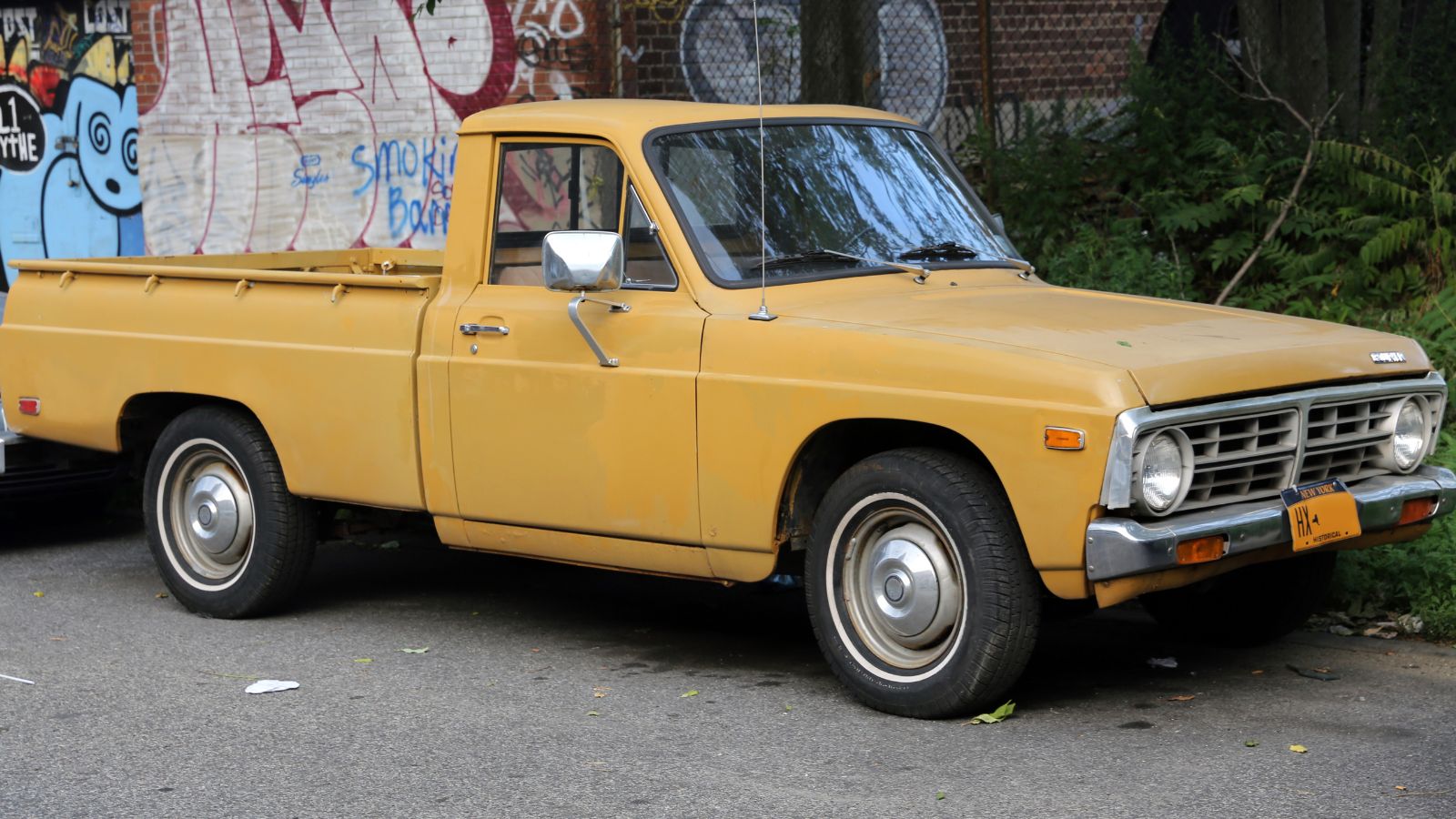
Before the Ranger came along, Canadians had the Ford Courier, introduced in the 1970s. Built in partnership with Mazda, it was a true compact pickup with small four-cylinder engines, simple construction, and a lightweight body. It was economical, making it popular with tradespeople who needed a low-cost work truck. While it never became a blockbuster seller, it laid the groundwork for Ford’s dominance in compact pickups with the Ranger.
Mazda B-Series
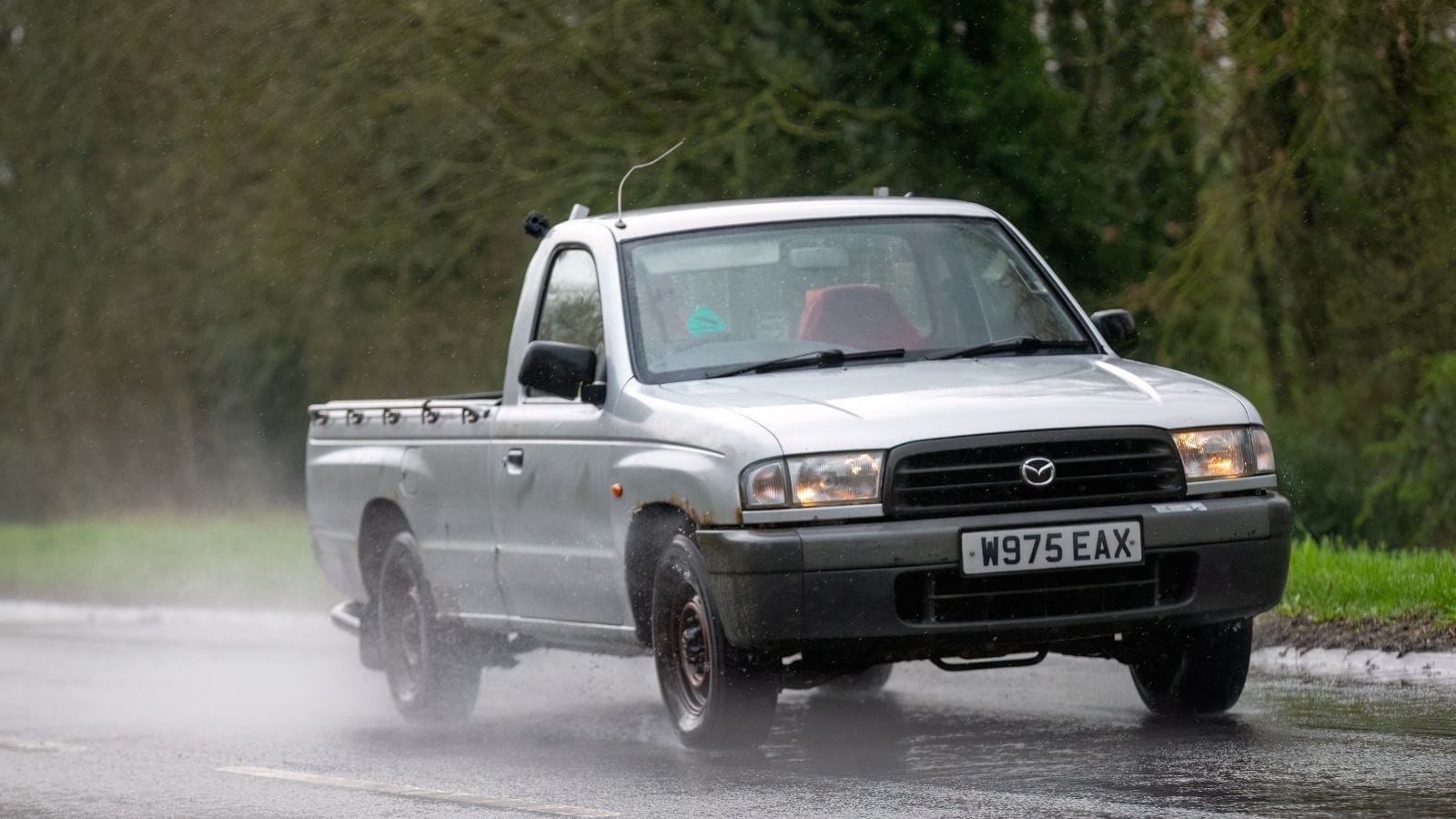
The Mazda B-Series was one of the most important small trucks in Canada. For decades, it was known for reliability, simplicity, and affordability. Offered with a range of small engines, the B-Series was ideal for Canadian drivers who wanted a no-nonsense truck. It also formed the basis for the Ford Courier and later the Ranger, giving Mazda’s trucks a bigger presence in the North American market than many realize. Today, survivors are sought after by enthusiasts who appreciate their toughness.
Toyota Hilux
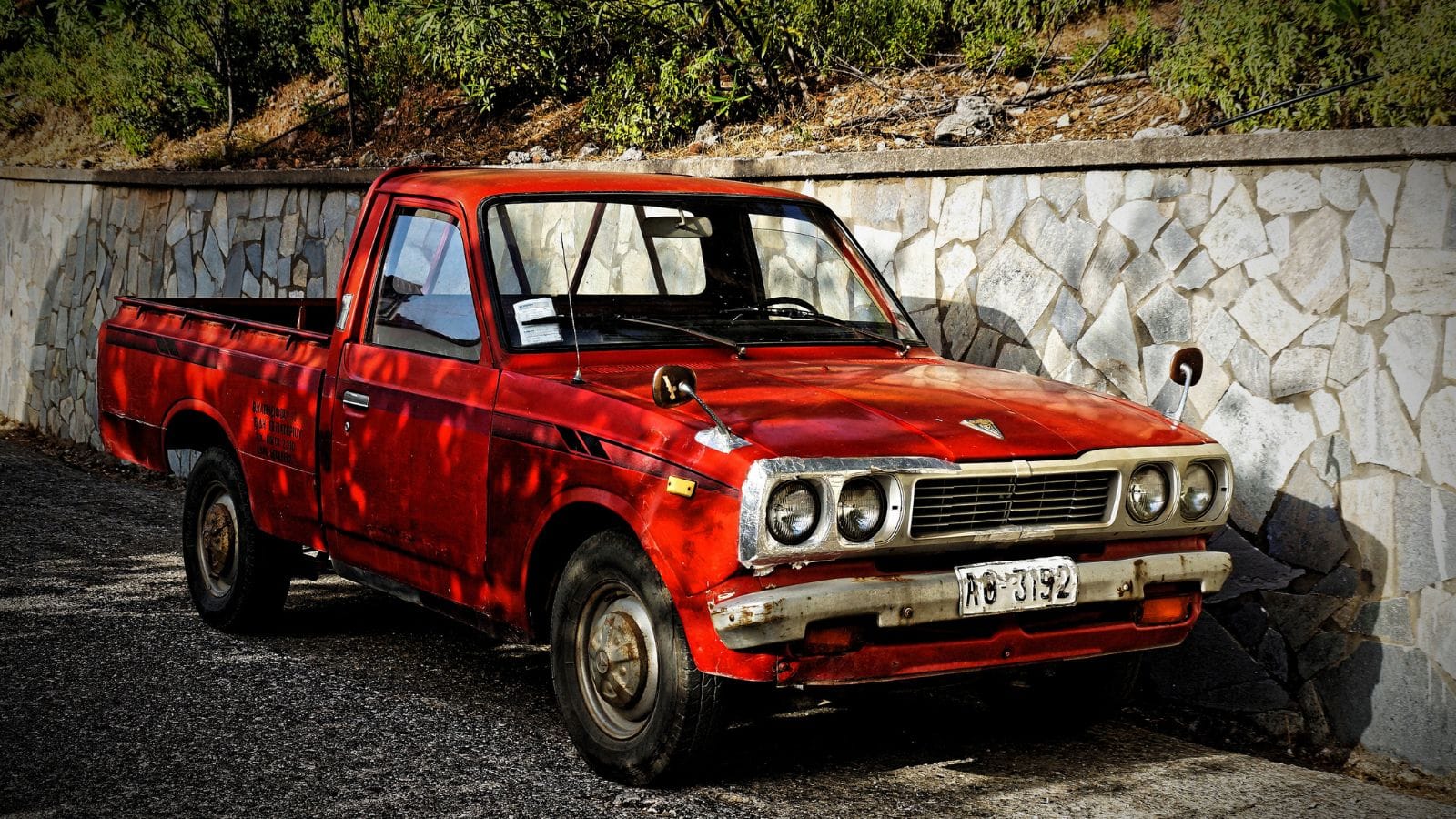
The Toyota Hilux was one of the toughest small pickups ever sold in Canada. Introduced in the 1970s, it quickly gained a reputation for being nearly indestructible. Its compact size, frugal engines, and bulletproof reliability made it a favorite among Canadians who needed a truck that could survive harsh winters and rough rural roads. Many Hilux models ran for decades, with some still on the road today. Globally, the Hilux has become a legend, but in Canada it remains one of the pioneering Japanese pickups.
Nissan 720 Pickup
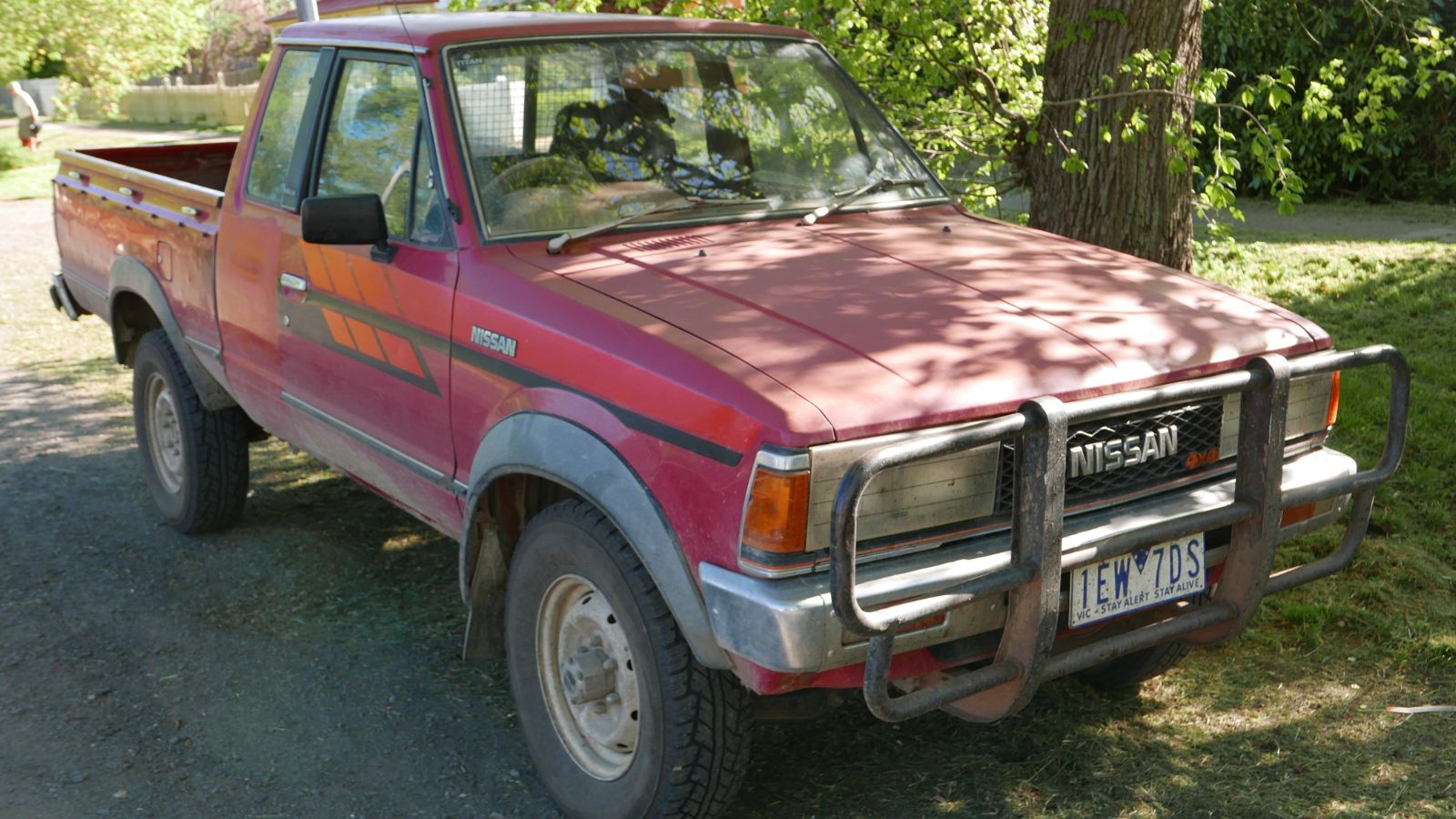
The Nissan 720 was another Japanese compact pickup that earned respect during the 1980s. It was small, affordable, and easy to fix, with simple mechanicals that made it appealing for budget-conscious Canadians. Known for its boxy design and reliable four-cylinder engines, it gave Nissan a strong foothold in the Canadian truck market. Its successor, the Nissan Hardbody, built on this legacy, but the 720’s compact dimensions made it one of the smallest usable pickups on Canadian roads.
Dodge Ram 50
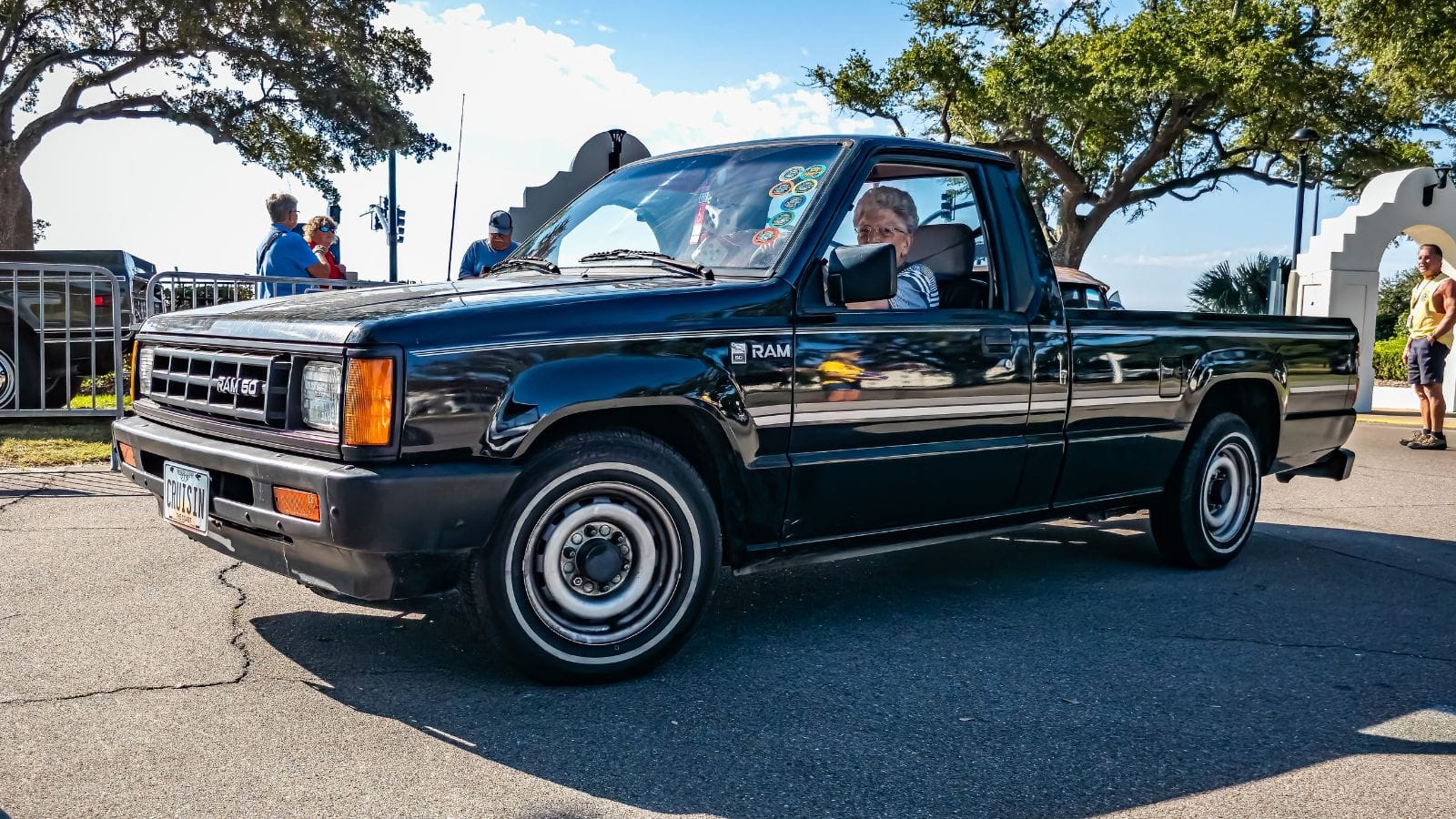
Not many remember the Dodge Ram 50, a rebadged Mitsubishi Mighty Max sold in Canada during the 1980s and early 1990s. It was compact and efficient, a clear alternative to bigger Dodge trucks. It never sold in large numbers, but it gave Chrysler an entry into the small truck segment. With modest engines and lean proportions, the Ram 50 felt almost toy-like compared to full-size Ram pickups, making it stand out as one of the smallest Dodge-branded trucks ever.
Chevrolet LUV
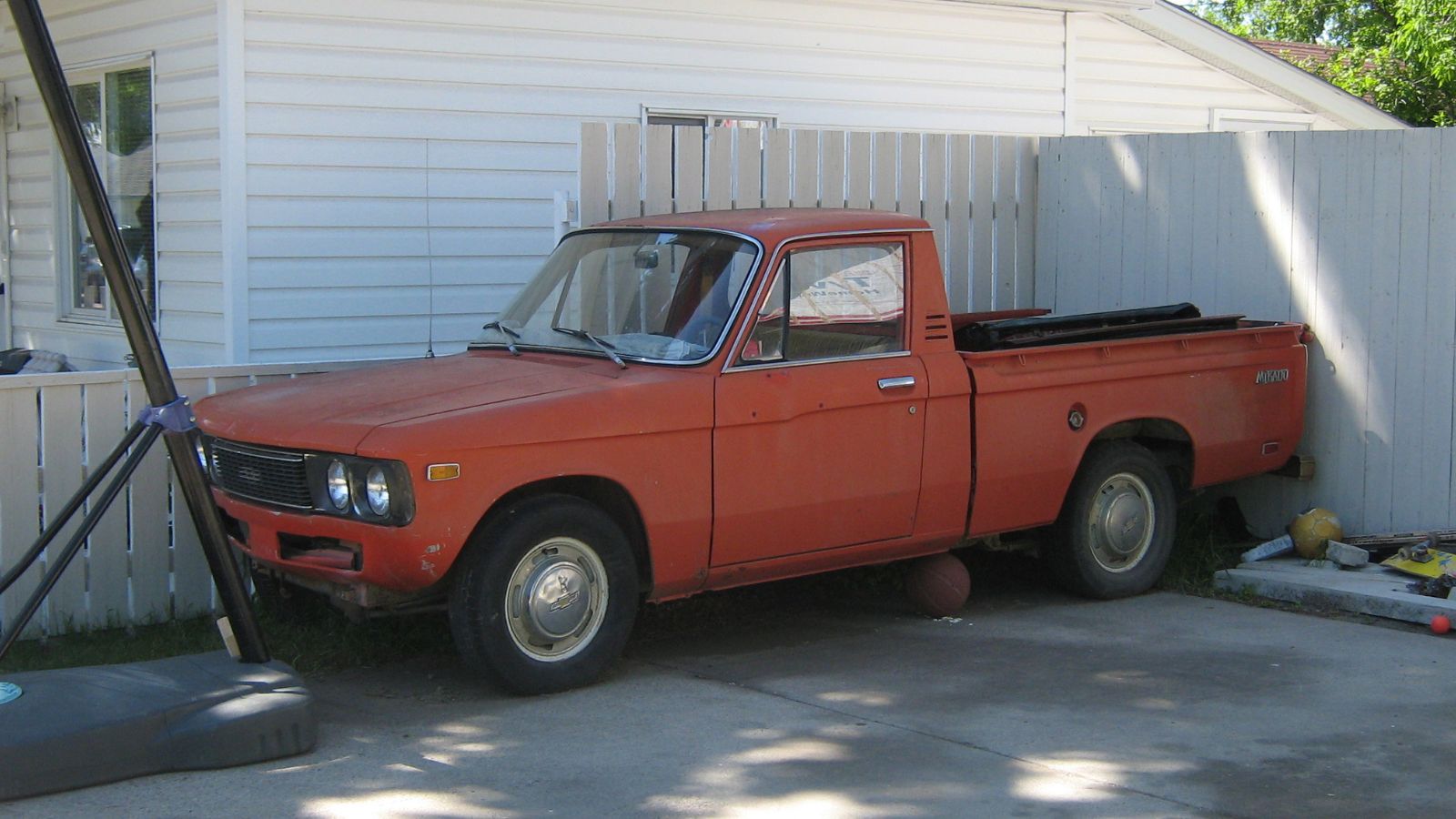
Chevrolet’s Light Utility Vehicle, or LUV, was actually an Isuzu in disguise. Sold in Canada in the late 1970s and early 1980s, it was tiny compared to Chevy’s full-size trucks but offered surprising practicality for light hauling. Its compact frame and frugal four-cylinder engines made it attractive for buyers who wanted a truck without the costs of a bigger rig. Unfortunately, Canadian winters were tough on the LUV, and rust claimed most of them long ago.
GMC S-15 / Chevrolet S-10
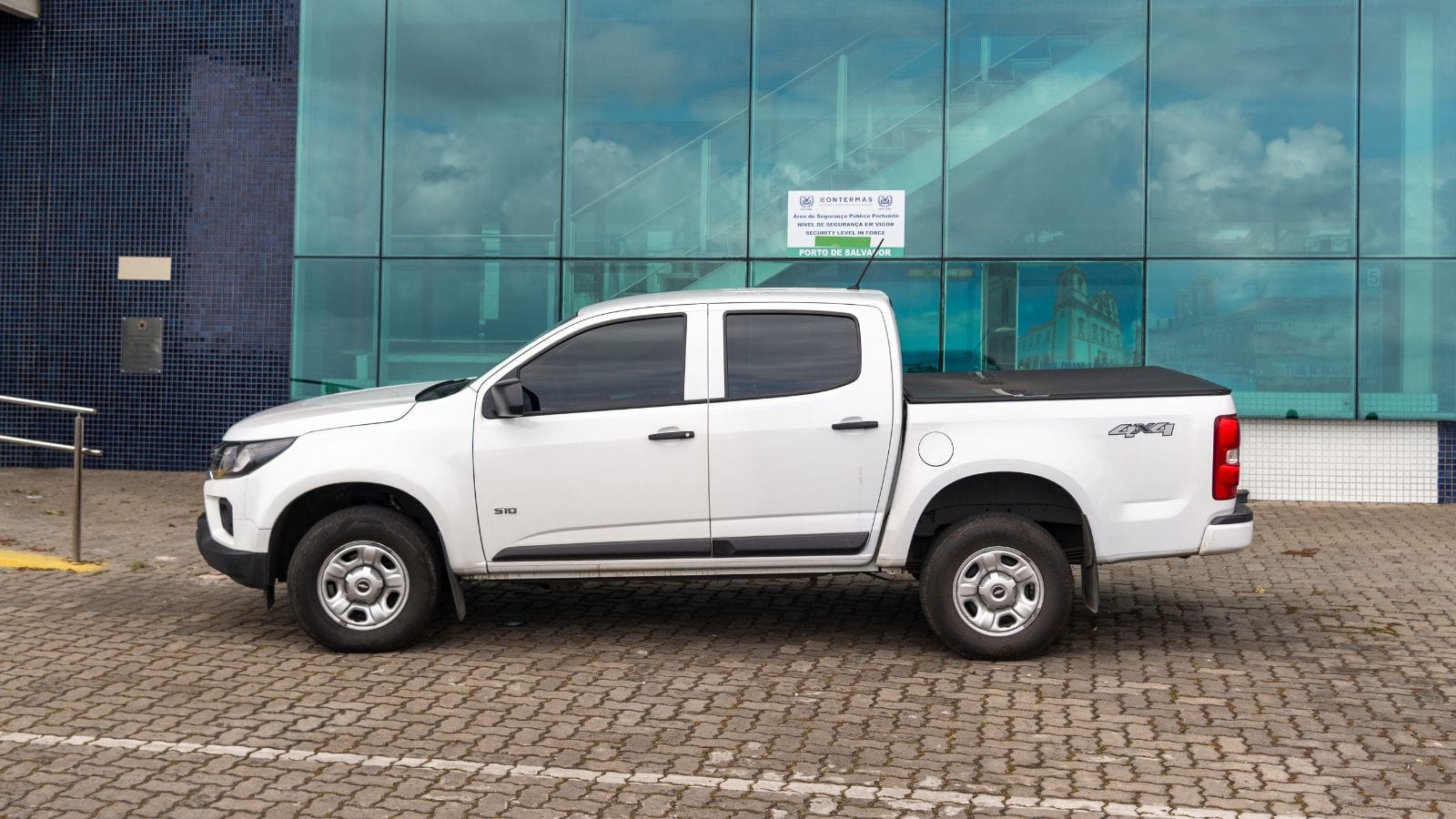
The Chevrolet S-10 and its GMC twin, the S-15, were GM’s first homegrown compact pickups. Introduced in the early 1980s, they were small, efficient, and versatile. Buyers loved their manageable size, and they quickly became popular with Canadian tradespeople and families. Offered with both four- and six-cylinder engines, they balanced efficiency with decent capability. The S-10 and S-15 are fondly remembered as some of the most practical small trucks GM ever produced.
Ford Ranger (First Generation)
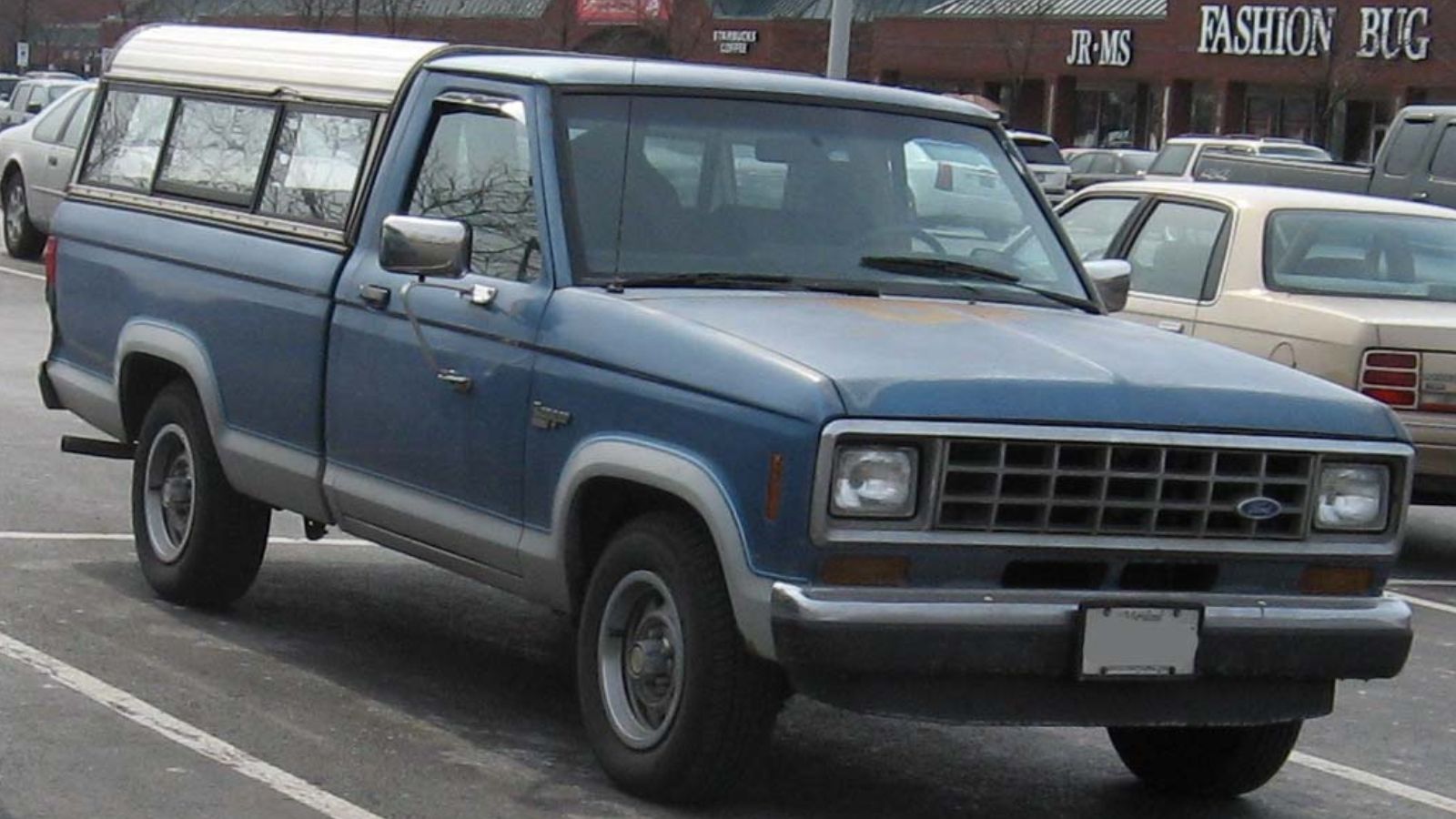
When the Ranger debuted in the early 1980s, it was Ford’s first truly compact truck designed for North America. It replaced the Courier and quickly became a hit with Canadian buyers who wanted a tough little pickup that was cheaper to own than an F-Series. With four-cylinder and V6 options, it offered just enough power for work while keeping fuel costs down. Its popularity ensured the Ranger name would live on, even after Ford left the segment for years.
Subaru Brat
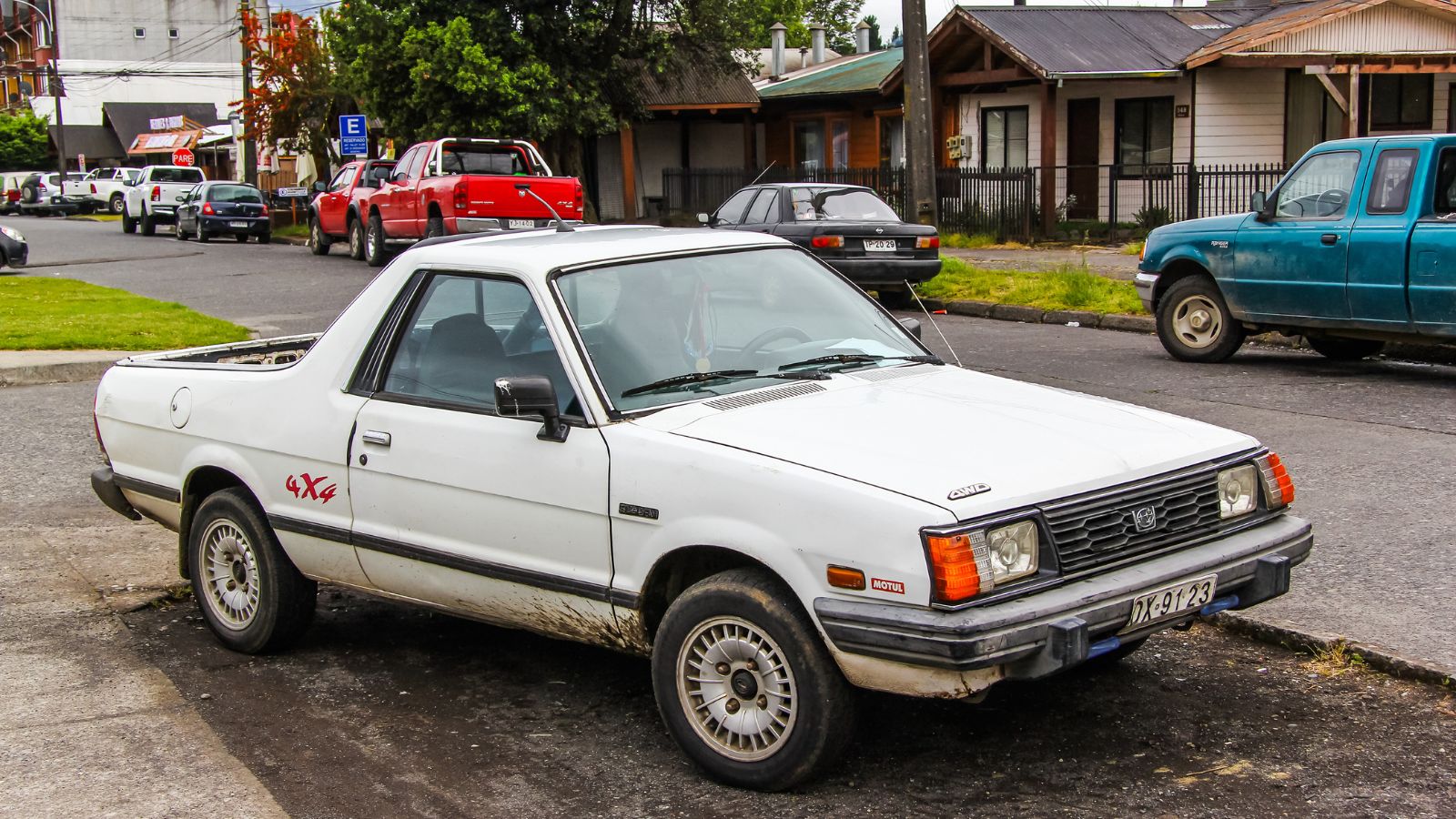
The Subaru Brat was one of the quirkiest small trucks Canadians ever saw. Technically more of a car-based pickup, it was marketed as a light recreational vehicle rather than a serious work truck. With all-wheel drive, a small boxer engine, and those famous rear-facing jump seats in the bed, the Brat stood out as a fun and oddball option. It was too strange to sell in big numbers, but today it enjoys cult status among collectors and Subaru fans.
Suzuki Carry
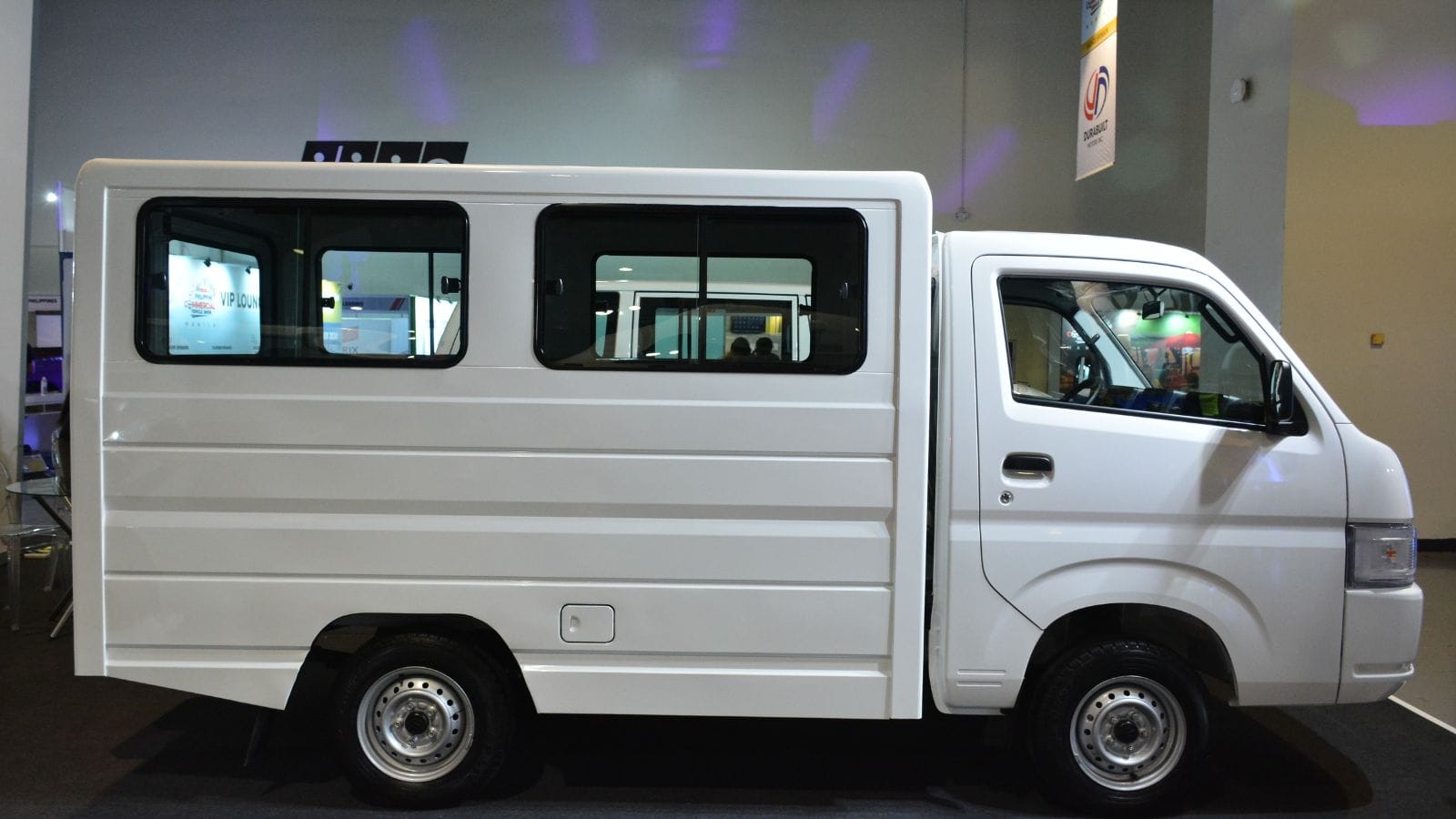
The Suzuki Carry is one of the smallest trucks ever seen in Canada, usually brought in as a grey-market import. A true kei truck from Japan, it had a motorcycle-sized engine, a cab-over design, and dimensions so tiny it could practically fit in a full-size pickup’s bed. The Carry was never a mainstream seller, but it fascinated Canadian enthusiasts with its cuteness and practicality for light hauling.
Honda Acty
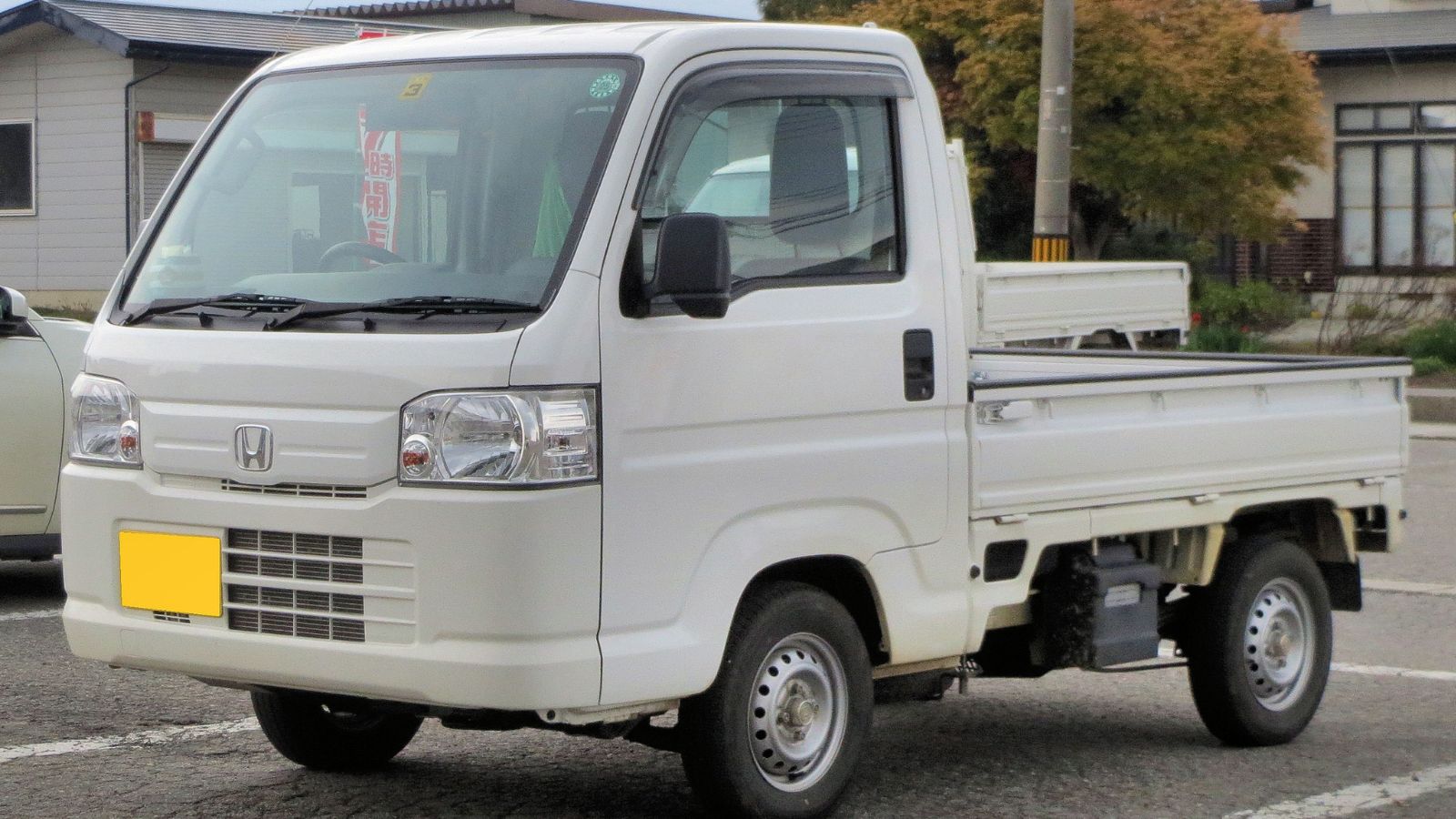
Like the Suzuki Carry, the Honda Acty was a kei truck that appealed to Canadian collectors and small business owners who wanted something unique. With a cab-over design and tiny engines, it was meant for tight streets and light-duty jobs. It wasn’t officially sold in large numbers, but enough came in through imports that it has become a recognizable oddball on Canadian roads. Among all the small trucks, the Acty was one of the very smallest.
Datsun 620
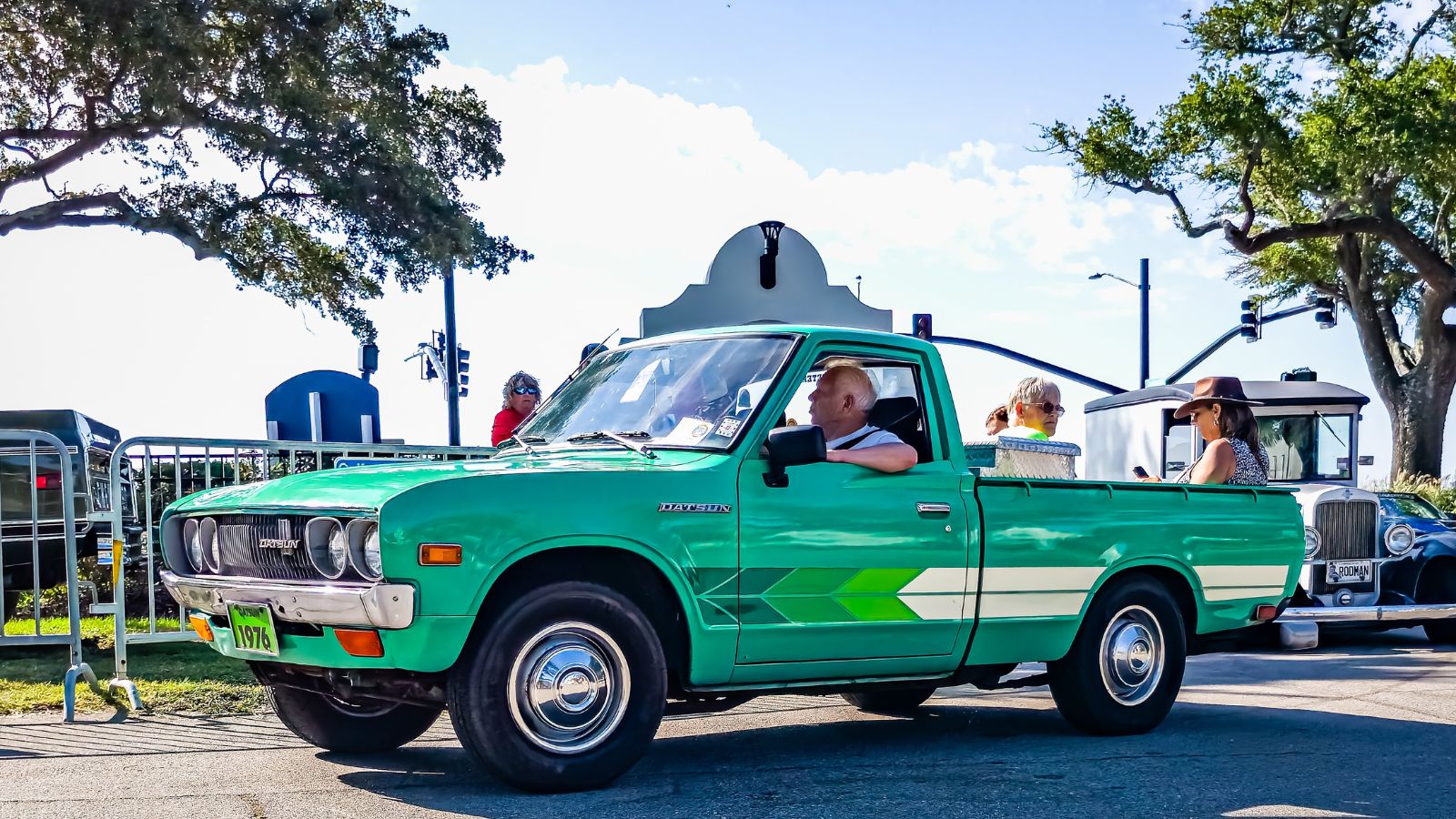
Before Nissan dropped the Datsun name, it sold the 620 pickup, one of the most successful compact trucks of the 1970s. In Canada, it introduced many buyers to the idea that Japanese pickups could be as durable and practical as American ones, even if they were much smaller. With a simple four-cylinder engine, light weight, and affordable price, the Datsun 620 built a strong reputation. Many Canadians still remember them as reliable little trucks that just kept going.
Why Small Trucks Still Matter
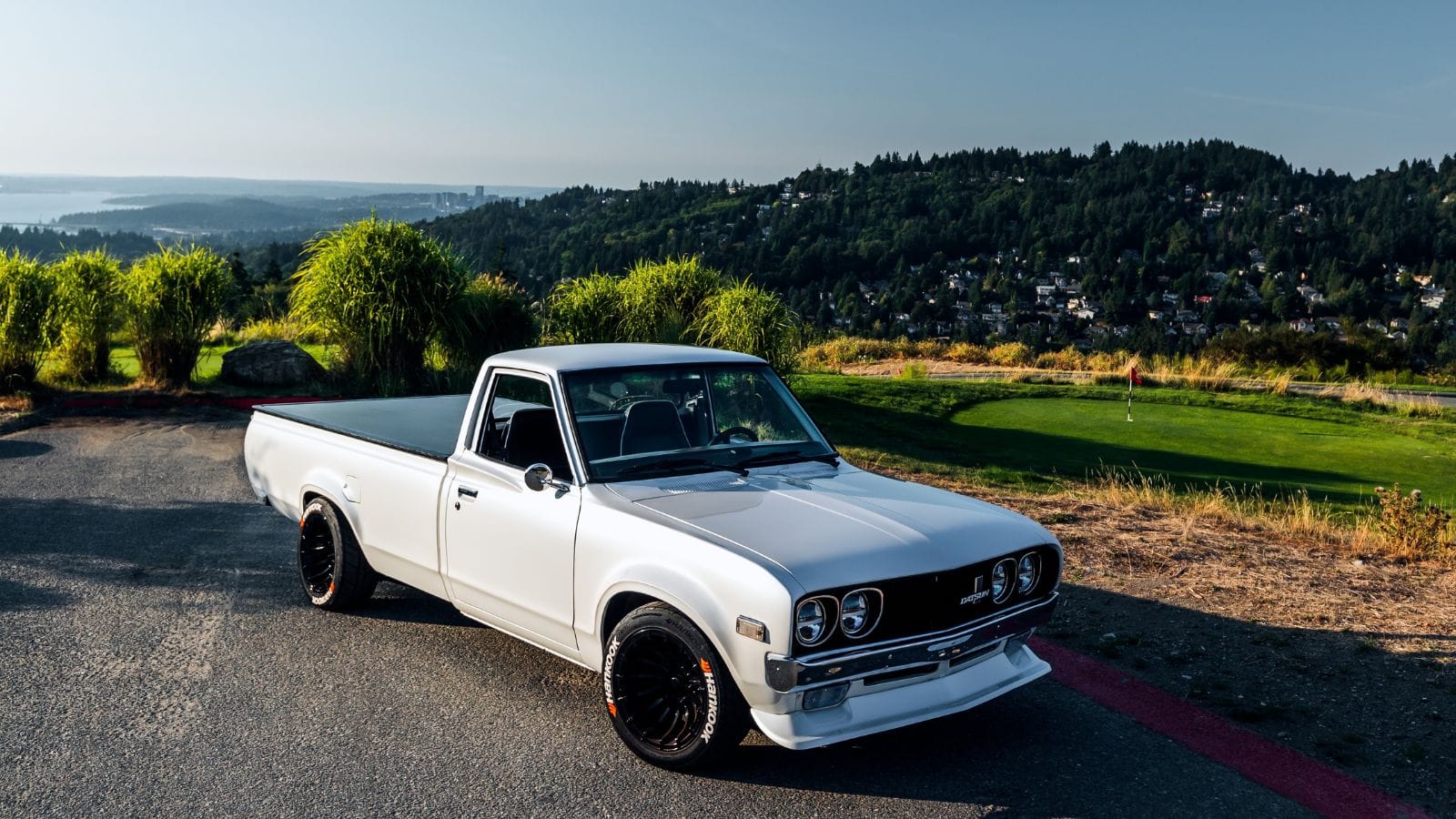
Though most of these compact trucks have long since disappeared from Canadian showrooms, their influence remains. They introduced Canadians to Japanese engineering, offered budget-friendly alternatives to oversized pickups, and proved that you did not need a massive truck to get the job done. While today’s Canadian market favors full size models, enthusiasts still seek out these small trucks for their simplicity, charm, and practicality. They may have been small, but they left a big mark on Canadian automotive history.
25 Facts About Car Loans That Most Drivers Don’t Realize

Car loans are one of the most common ways people fund car purchases. Like any other kind of loan, car loans can have certain features that can be regarded as an advantage or a disadvantage to the borrower. Understanding all essential facts about car loans and how they work to ensure that you get the best deal for your financial situation is essential. Here are 25 shocking facts about car loans that most drivers don’t realize:
25 Facts About Car Loans That Most Drivers Don’t Realize
